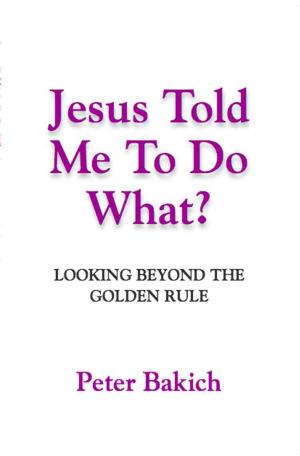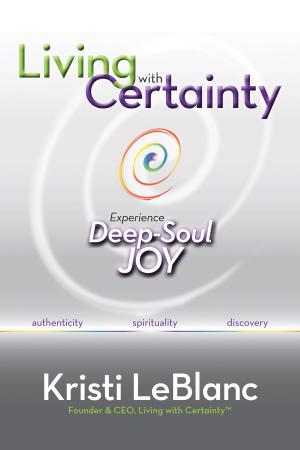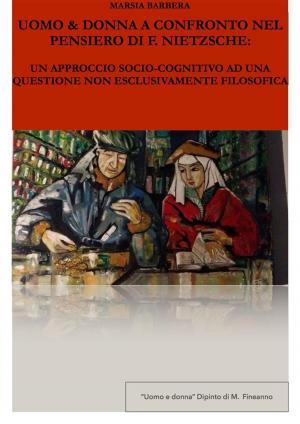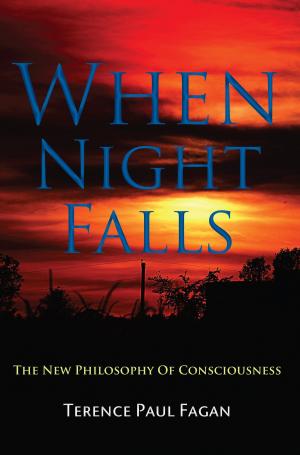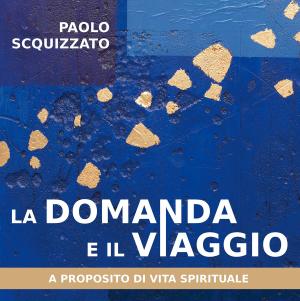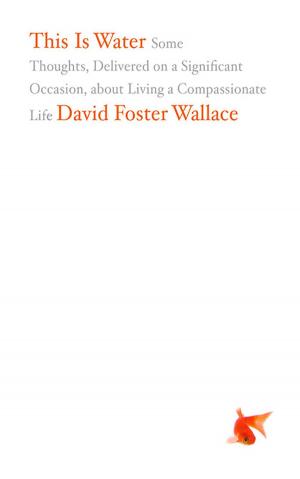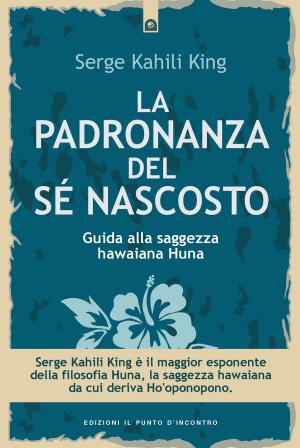Fall of 'Man' Death of God in the Garden: the Human Body
Nonfiction, Religion & Spirituality, Philosophy, Mind & Body| Author: | Dogov Spring | ISBN: | 9781370475711 |
| Publisher: | Dogov Spring | Publication: | August 12, 2018 |
| Imprint: | Smashwords Edition | Language: | English |
| Author: | Dogov Spring |
| ISBN: | 9781370475711 |
| Publisher: | Dogov Spring |
| Publication: | August 12, 2018 |
| Imprint: | Smashwords Edition |
| Language: | English |
The meaning of life revolves around independence, morality and freedom. We come across ideas or ideologies, some primitive and others sophisticated, throughout our lives. When we hand over our name to join any ideology the ideology becomes our morality or gravity and the morality takes our independence and gives it to thieves, and it takes our freedom and gives it to liars under the illusion of giving us independence and freedom as gifts; in this process we become unimportant members of the herd, mere numbers. Independence, morality and freedom are incomplete without the truth, this book explains and clarifies the famous saying of Protagoras – ‘Man is the measure of everything’ – through the Judgement of Osiris.
There are two types of creation, one is metaphysical and the other is material – one leads to the creation of real life the other leads to the creation of artificial life. Both creations are created on the premise of rest, and both lead to unrest, or the unseating of both God and ‘Man’.
Free will has been misunderstood by most thinkers to either be a freedom of choice or a concept that does not exist, and it is often contrasted with determinism. This book proves that free will does exist as does will that is free, and it explains how we use free will under the cover of determinism in the materialistic world in opposition to gravity or altruism in the metaphysical world.
This book explains and identifies the consciousness in humans, in animals, in plants and in rocks, and it explains why the whole universe is created for the human consciousness. ‘Man’ is the only consciousness which falls into a state of deep sleep while thinking he is very much awake. Consciousness and sub-consciousness are identified in both the metaphysical and materialistic worlds.
Through the Biblical story of Adam and Eve and the Islamic and Hindu accounts of Creation we discover that Adam and Eve are alive and reside in a cave which is our head, and they are the source for the serpent and the ‘woman’ or the serpent and the eagle and individually we are engaged in a battle with them.
‘Man’, angels, God, the Truth and Satan are characters within every single human being, and a human being is a micro-version of the universe which is made of light, physical material, air, water and darkness.
Several philosophical concepts are decoded including Nietzsche’s Übermensch and the animalistic self, the Will to Power, the Eternal Recurrence and the Last Man. The Futile Labour of Sisyphus demonstrates how taking medication is an act which defies gravity, and does not bring health back to human beings, but the drugs fall to the ground and end up in the water system.
Finally, this book, through an ancient Hindu Scripture, offers a rational reason for the over-population of our planet, and why the human population has to increase in numbers.
The meaning of life revolves around independence, morality and freedom. We come across ideas or ideologies, some primitive and others sophisticated, throughout our lives. When we hand over our name to join any ideology the ideology becomes our morality or gravity and the morality takes our independence and gives it to thieves, and it takes our freedom and gives it to liars under the illusion of giving us independence and freedom as gifts; in this process we become unimportant members of the herd, mere numbers. Independence, morality and freedom are incomplete without the truth, this book explains and clarifies the famous saying of Protagoras – ‘Man is the measure of everything’ – through the Judgement of Osiris.
There are two types of creation, one is metaphysical and the other is material – one leads to the creation of real life the other leads to the creation of artificial life. Both creations are created on the premise of rest, and both lead to unrest, or the unseating of both God and ‘Man’.
Free will has been misunderstood by most thinkers to either be a freedom of choice or a concept that does not exist, and it is often contrasted with determinism. This book proves that free will does exist as does will that is free, and it explains how we use free will under the cover of determinism in the materialistic world in opposition to gravity or altruism in the metaphysical world.
This book explains and identifies the consciousness in humans, in animals, in plants and in rocks, and it explains why the whole universe is created for the human consciousness. ‘Man’ is the only consciousness which falls into a state of deep sleep while thinking he is very much awake. Consciousness and sub-consciousness are identified in both the metaphysical and materialistic worlds.
Through the Biblical story of Adam and Eve and the Islamic and Hindu accounts of Creation we discover that Adam and Eve are alive and reside in a cave which is our head, and they are the source for the serpent and the ‘woman’ or the serpent and the eagle and individually we are engaged in a battle with them.
‘Man’, angels, God, the Truth and Satan are characters within every single human being, and a human being is a micro-version of the universe which is made of light, physical material, air, water and darkness.
Several philosophical concepts are decoded including Nietzsche’s Übermensch and the animalistic self, the Will to Power, the Eternal Recurrence and the Last Man. The Futile Labour of Sisyphus demonstrates how taking medication is an act which defies gravity, and does not bring health back to human beings, but the drugs fall to the ground and end up in the water system.
Finally, this book, through an ancient Hindu Scripture, offers a rational reason for the over-population of our planet, and why the human population has to increase in numbers.


